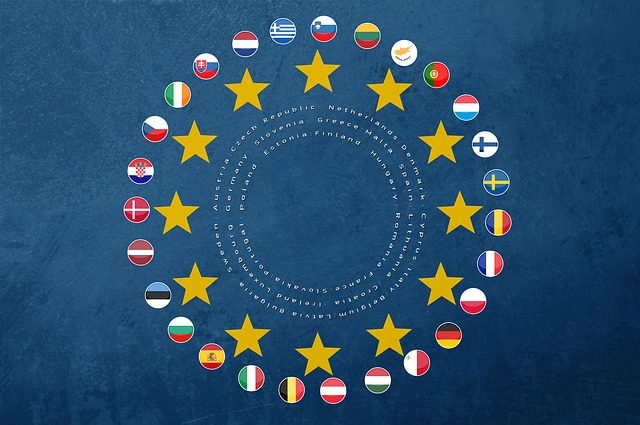27 February 2020 | UK NEWS
The UK Government has today made public the negotiating stance it will adopt when future relationship negotiations with the EU commence next week. It follows the EU’s publication of its own position, after this was adopted earlier.
Summarising its position, the Government said it would seek a relationship “based on friendly co-operation between sovereign equals”, given that the UK is now an “independent sovereign nation”. Pointing to the Prime Minister’s renewed mandate since the December 2019 General Election, on the basis of the Conservative Party Manifesto, it lays out the UK’s desires in a wide range of areas.
These include fisheries, security and law enforcement co-operation, among many others, with the overall aim of seeking a “zero tarrifs, zero quotas Free Trade Agreement”, while insisting that both parties must “respect each other’s legal autonomy”. In essence, the Government is saying that has no desire to bind the UK into the kind of “level playing field” arrangements that the EU has set out in its own negotiating mandate. It is also explicitly stating that it does not envision any future role for the European Court of Justice in arbitrating disputes involving the UK.
This is highly significant – while by no means necessarily unexpected – given that the two sides will now begin poles apart when they meet for the first time next week. In particular, the UK Government is stressing in public that its proposals do honour the commitments made in the non-binding Political Declaration accompanying the revised Withdrawal Agreement reached with the EU by Mr Johnson. However, certain Westminster sources are reporting that, privately, this may not necessarily be the case.
By all accounts, the EU’s position would appear to be in line with those sources. Its leaders are reportedly incensed that Mr Johnson’s Government may be about to (in their eyes) renege on elements of the Political Declaration agreed last year. The EU’s own mandate, on the other hand, now includes specific goals aimed at securing fishing rights within UK waters – an aim said to originate primarily from the French Government – as well as smaller details, such as Greece’s demand that the UK return the Elgin Marbles to its territory. These elements were not present in the revised Political Declaration either.
Michel Barnier has also been heavily criticised this week by UK commentators for insisting that the UK should be treated differently from other countries, such as Canada or Japan, owing to its far closer “proximity”. This would seem to represent a shift away from the EU’s original stance throughout the Withdrawal Agreement negotiations in the past few years. It has been suggested that the EU, now facing a Britain that has already left the bloc and is highly unlikely to extend the transition period, is beginning to find that its own resolve is crumbling.
Indeed, elsewhere today, it is being reported that the Government will switch focus to planning for an “Australian-style deal” – which is seen by many to be a situation very close to last year’s “no deal” scenario – if a substantial agreement is not looking likely to be reached by June, when the decision as to whether or not to extend the transition period beyond the end of this year must be made. This would seem to make sense, given that the Government has already stated it has no intention of doing so. However, it does represent a very significant hardening of the UK’s negotiating position since the new Government came to power.
We will bring you further updates on the course of the future relationship negotiations as they commence next week.

























